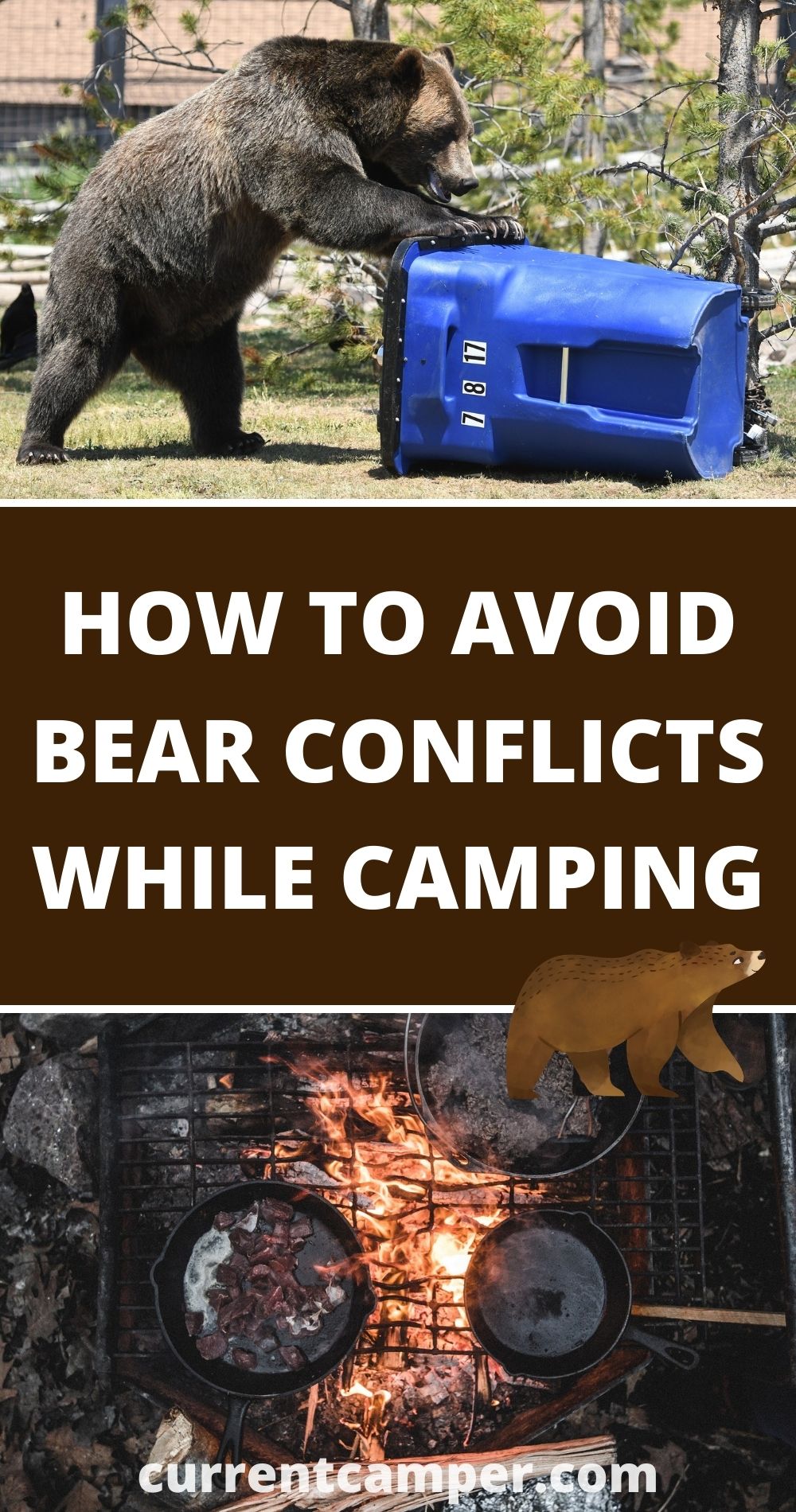Bears can be both cool to see and if you’re on the wrong side of them, pose a serious threat while camping.
Bear country can be found in most corners of North America, which is home to three distinct species: the American black bear, the brown bear (also called grizzly bears), and the polar bear. While they are beautiful animals to watch from afar, you don’t want to have a bear encounter while camping.
There are a few ways to deter bears from visiting your campsite. The five steps we have listed below will help secure your campsite from any curiosity-filled, unwanted visitors.
Store Food Properly
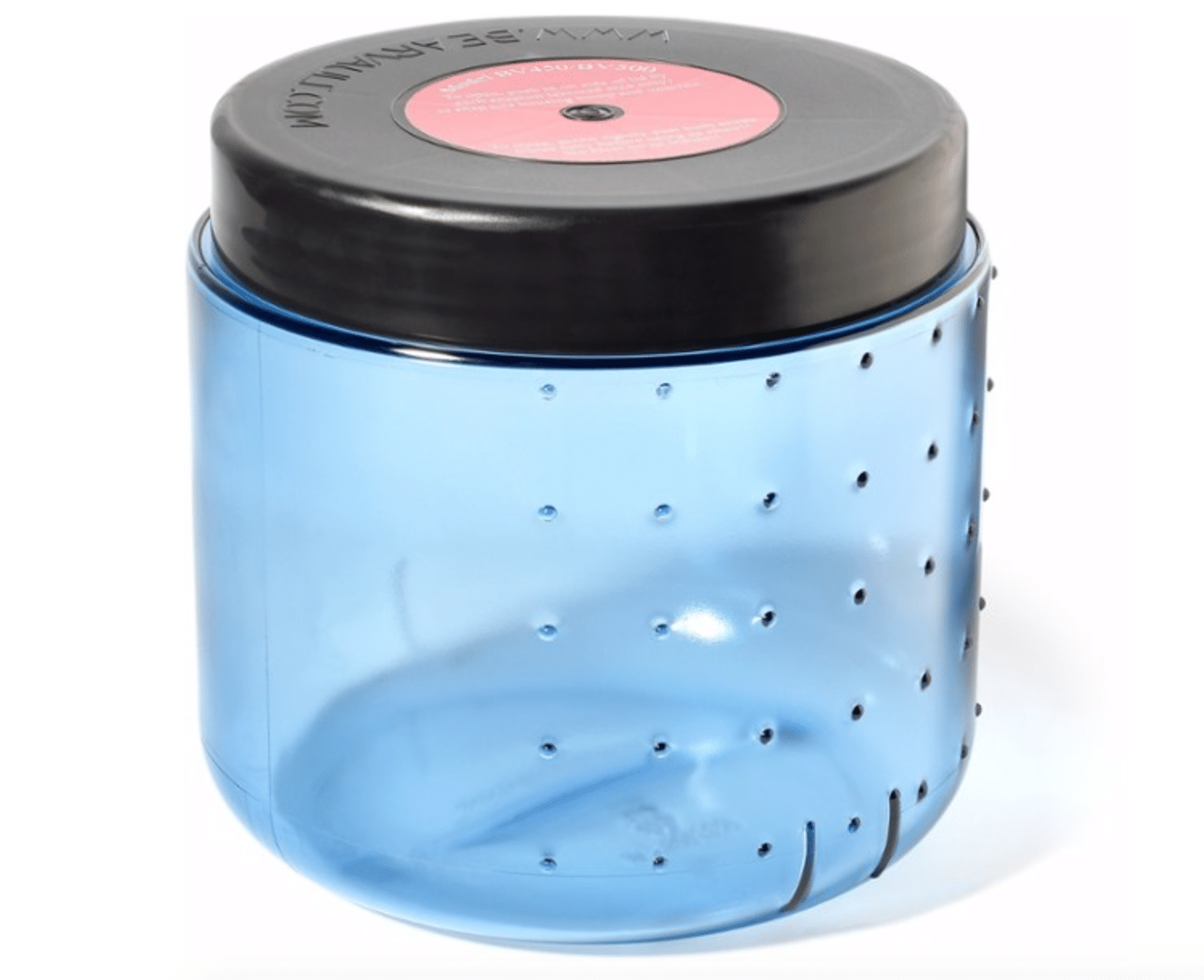
Many people are aware of this safety precaution, but few understand the whole picture. Tupperware containers, plastic bags, cans or bottles, and even coolers are not enough to withhold the smell of food, oils, or drinks. A bear’s sense of smell is nearly 2,000 times greater than a human, so we have to think of that extreme capability while camping.
Storing food properly really means securing it in containers and then securing it in something more: a hard-sided vehicle, a solid camper, or bear-proof containers. Portable bear-proof canisters are available on the market from retailers like REI and Cabela’s, among others.
These specialty containers work to suppress strong odors from food, and even personal items like deodorant, soap, toothpaste, lotion, sunscreen, and insect repellent. This helps reduce the chance of a bear catching a whiff of any of those strong-smelling items and coming by for a curious investigation.
Never store any form of food or drink inside a tent, and be sure all campers are aware of this important safety precaution. Even odor-proof bear canisters should still be stored well away from the sleeping area — aka your tent campsite.
Do a Thorough Clean-Up After Cooking
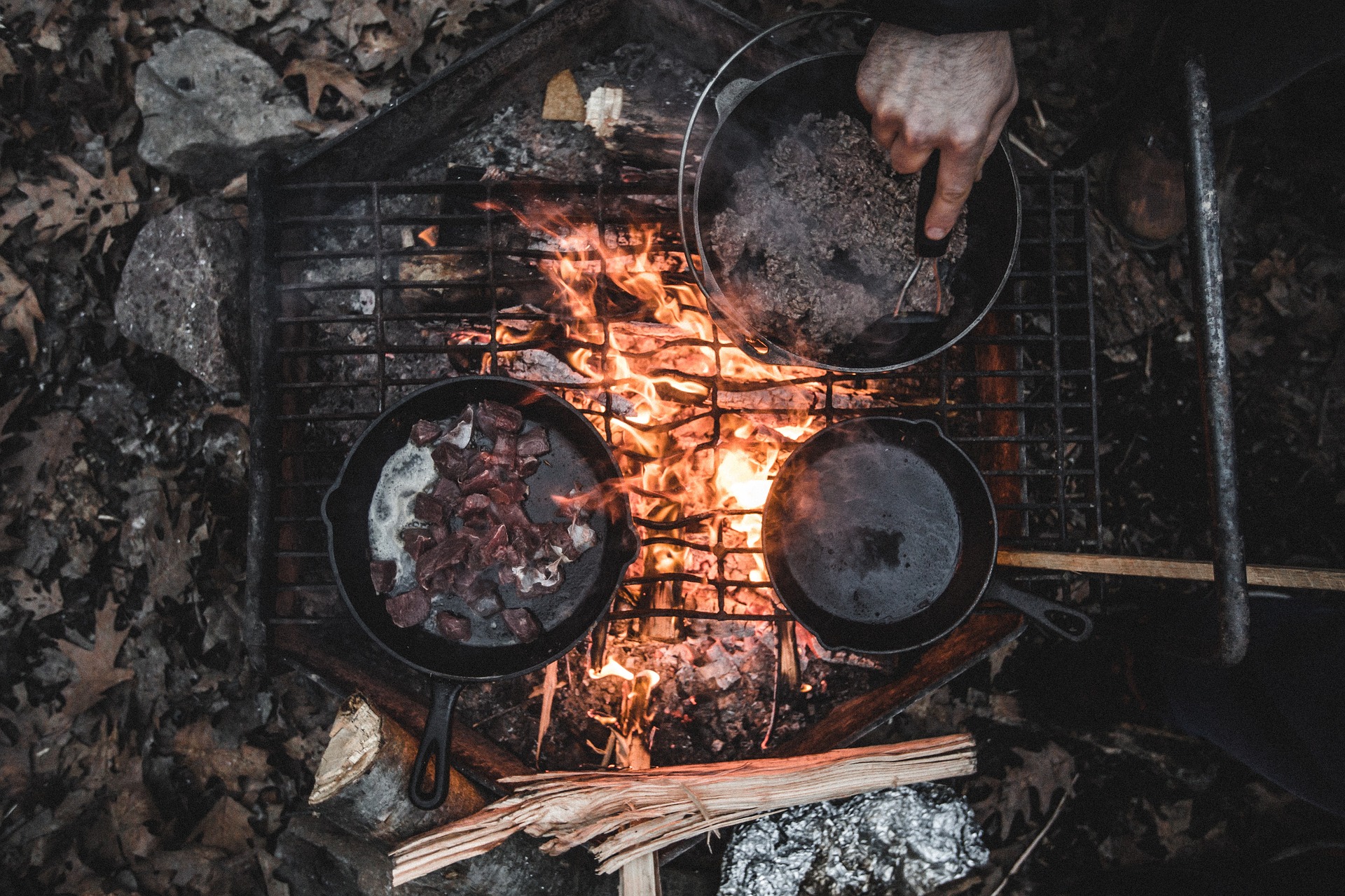
Now that we know how to secure all of our food safely, we have to think about other cooking area supplies that may emit similar food odors. This includes cooking pots and pans, utensils, cooking oil, aprons, or fabric napkins. Even the clothes you wore while grilling up a few hamburgers for dinner will hold the smell from the fire or grill and the cooked meat, so these should be removed from the campsite as well.
Never dump out food scraps or cooking liquids on the ground near your campsite, and be sure to make all members of your party aware of this important precaution.
READ MORE: 8 Best Tips for Wilderness Camping
Keep Pets Leashed & Pet Food Stored Away
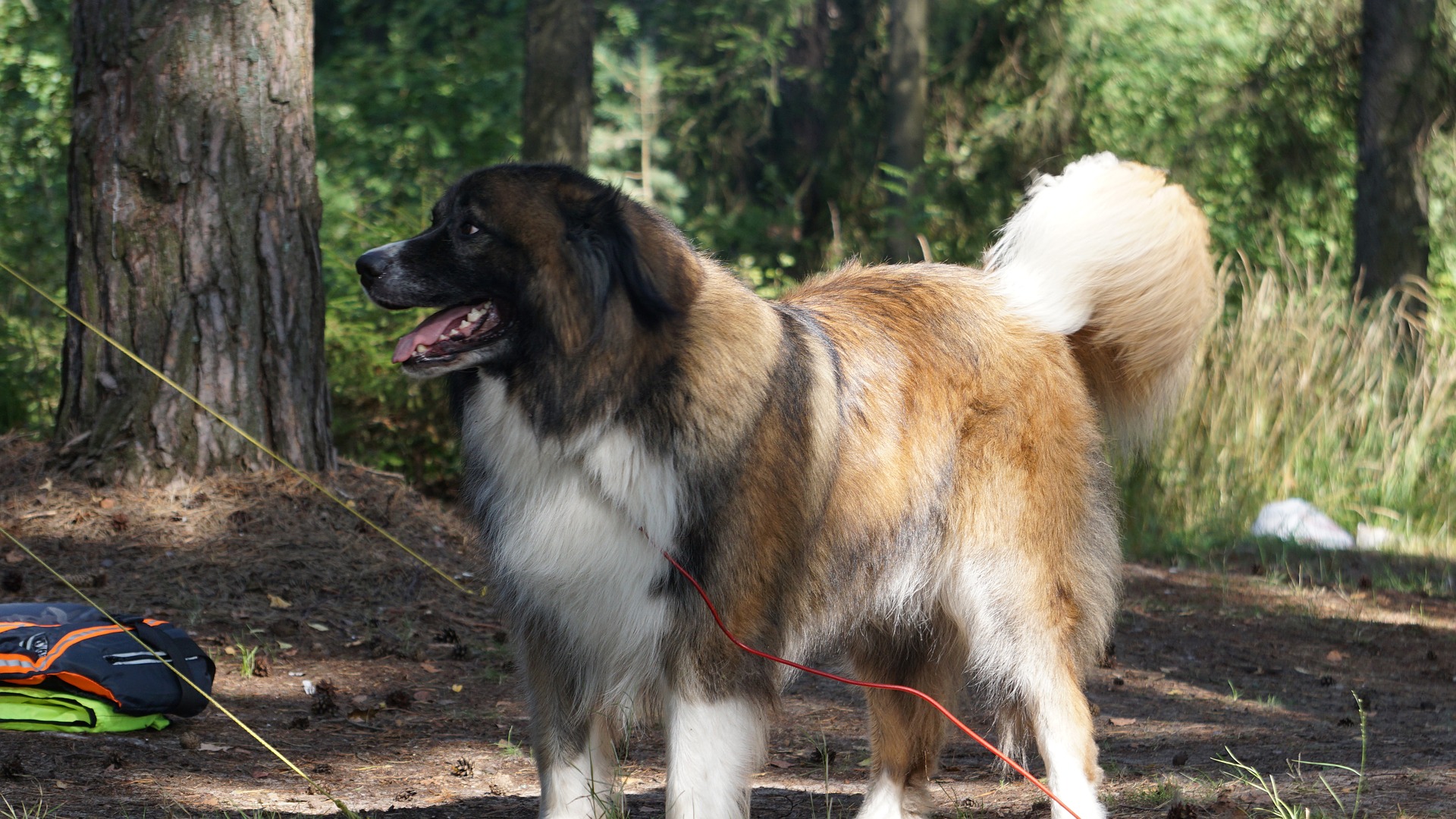
The safest way to avoid pet and bear conflicts is to leave pets at home, particularly if you are going to be wilderness camping. However, many travelers enjoy camping with their furry friends, which brings with it a few extra hazards. Always keep your pets on a leash when visiting a campground, and never let them roam free or out of sight.
One mistake campers often make is feeding their pets outside. Pet food has a strong odor that lingers even after the pet has eaten its meal. If possible, feed pets inside your camper, cleaning the dishes after each meal. Never leave pet food outside at the campsite — not even the dishes.
Regularly Dispose of Trash
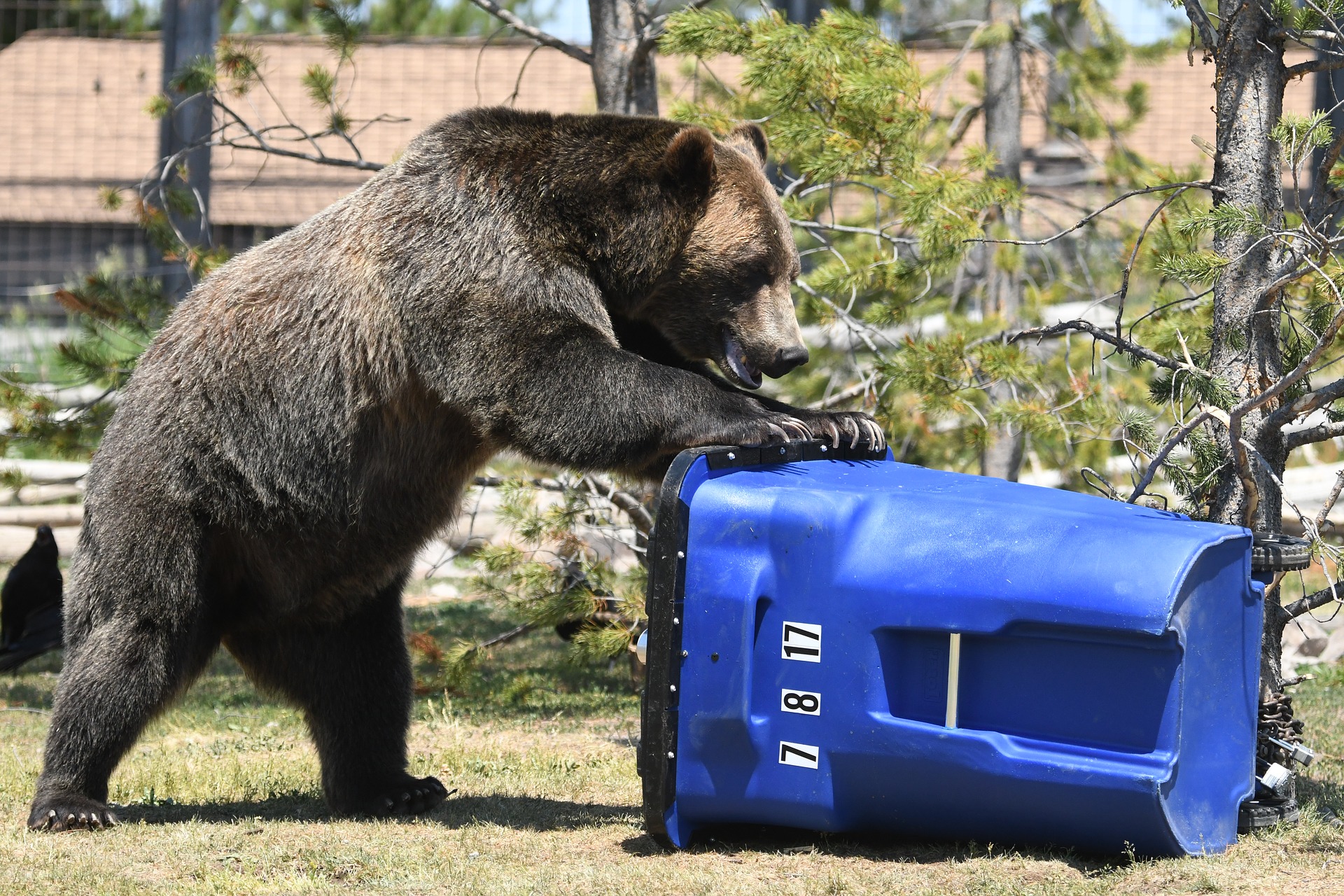
This is possibly the most important piece of advice for campers everywhere. Bears have learned that garbage cans are full of easy meals. When you’re outside, always pick up discarded trash right away and properly dispose of it. Before dusk, decide what you will do with your trash for the night.
Place it in a locked vehicle or hoist it into a tall tree at least 15 feet above the ground. If you’re at a campground, use the dumpsters regularly. Any forested campground should be equipped with bear-proof dumpsters (which have a hook system to secure the lid).
Never Hang Bird Feeders
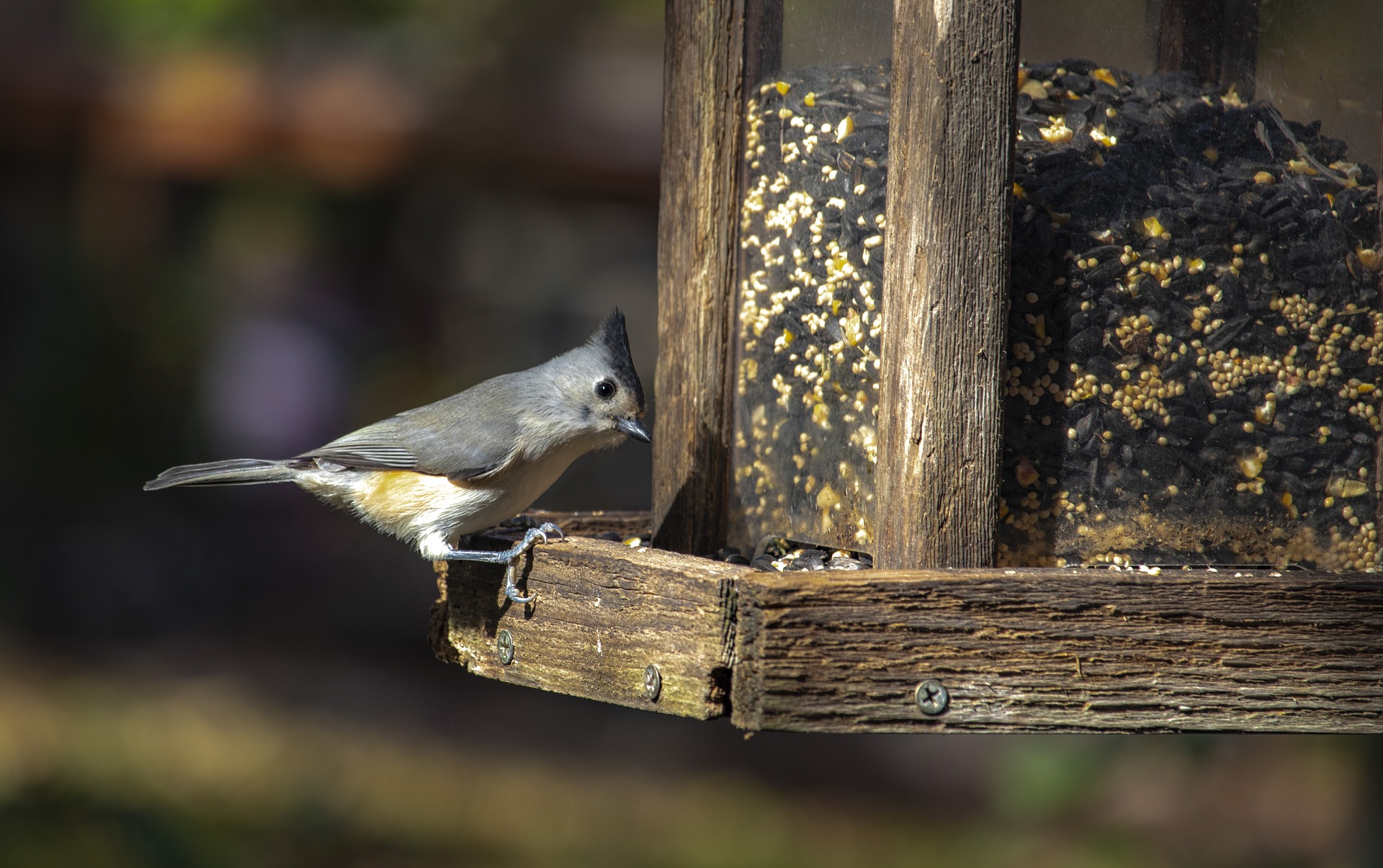
Some people settling in for long-term stays like to make their campsite feel like home, including hanging bird feeders. This is a direct invitation for a nearby bear to make a visit to your campsite. Bears will always be drawn to bird feeders, particularly the nutrient-dense black oil sunflower seeds and suet. I
t is not enough to just bring feeders inside at night, the discarded seed shells are plenty enough scent for a bear to take notice. Please remember to follow these rules to keep campers safe from bear attacks, as well as for the safety of all wild bears.
Final Thoughts
All bears are creatures of habit — that means if they are rewarded with food by visiting a particular area or doing a particular activity, they commit that to memory and will repeat it in hopes of another reward. A mother bear will even pass this knowledge onto her cubs.
If we apply that to a camping scenario, a mother bear that has been successful at raiding campsites will likely return with her bear cubs, and they will continue the tradition of visiting campgrounds to find easy food sources.
This knowledge makes it the responsibility of each camper to help protect bears by taking the necessary steps to keep them wild. This includes securing food properly and using bear-proof dumpsters, among other things, which are discussed in detail below.
Bears that make it a regular habit of visiting campgrounds are often termed “nuisance” bears; they can become dangerous as they become increasingly accustomed to the presence of humans.
READ MORE: 7 Tips For Camping In Utah
Pin it for later!
